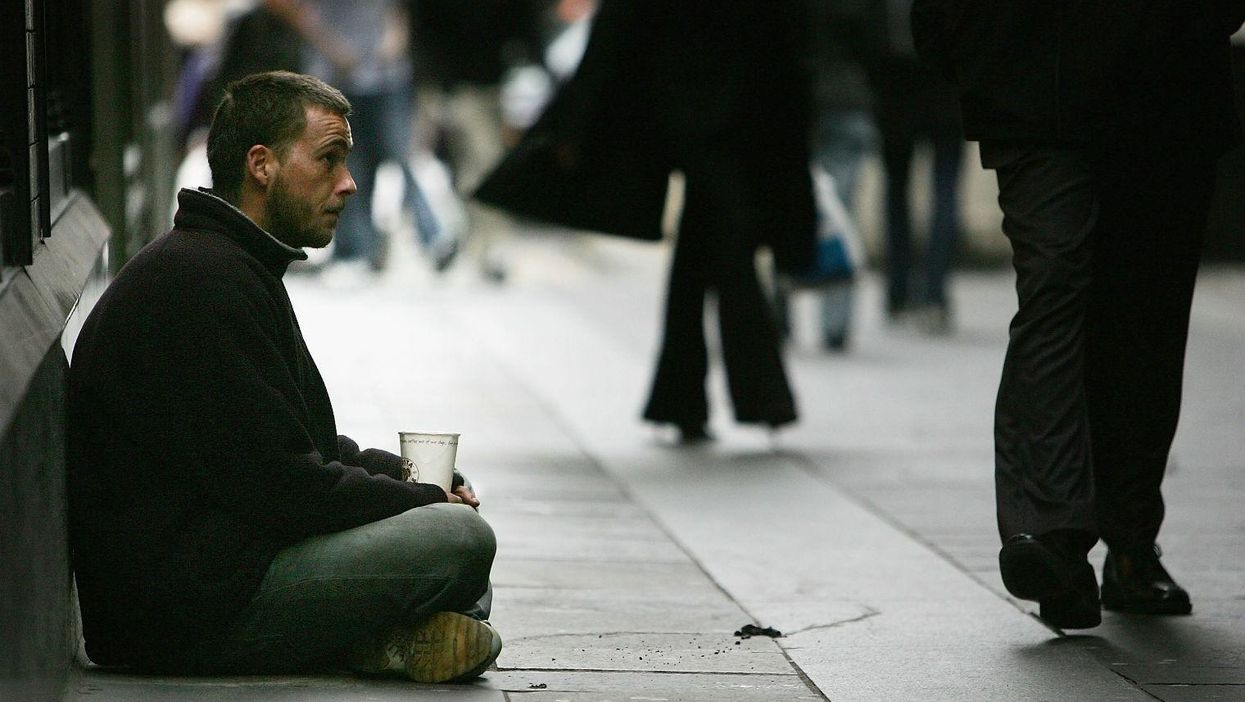News

There are estimated to be three times more young homeless people in Britain than official government figures suggest, according to a major new study.
Cambridge University researchers estimate that some 83,000 homeless young people have had to rely on councils and charities for shelter during the past year.
That is more than three times the 26,852 young people recorded in homeless figures released by the Department for Communities and Local Government.
The “worryingly high” levels of young people using homelessness services is “a minimum estimate and it is likely that in reality more homeless young people access support across the UK”, the research said.
The study draws on official figures in conjunction with examinations of 40 local authorities and a national poll of more than 2,000 16- to 25-year-olds.
It looked at homelessness during the course of a year, including rough sleeping, staying in hostels and “sofa-surfing”.
This research paints a grim picture of youth homelessness in the UK and demonstrates that the Government’s current plan to cut housing benefit for 18- to 21-year-olds could be nothing short of catastrophic – as it’s this which helps to pay for the hostel beds that keep young people off the streets.
If the Government really wants to help young people, its first priority should be to invest in the safe, secure and genuinely affordable homes that are so desperately needed, rather than stripping away the threadbare safety net they have at the moment.
- Campbell Robb, the chief executive of Shelter
More than one in seven young people (17 per cent) have slept rough, including in places such as cars or squats, during the past year, according to a ComRes survey done for the study.
“When the poll data was scaled up to reflect the wider population, an estimated 1.3 million young people aged 16 to 24 have slept rough during the past year,” said the research.
In a statement, a Government spokesman said: “Since 2010, we have increased spending to prevent homelessness, making more than £500m available to local authorities and the voluntary sector.”
Study: Cambridge University’s Centre for Housing and Planning Research/Centrepoint.
Top 100
The Conversation (0)













